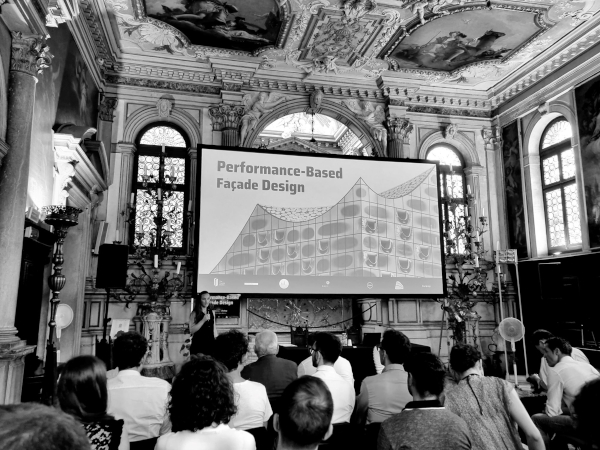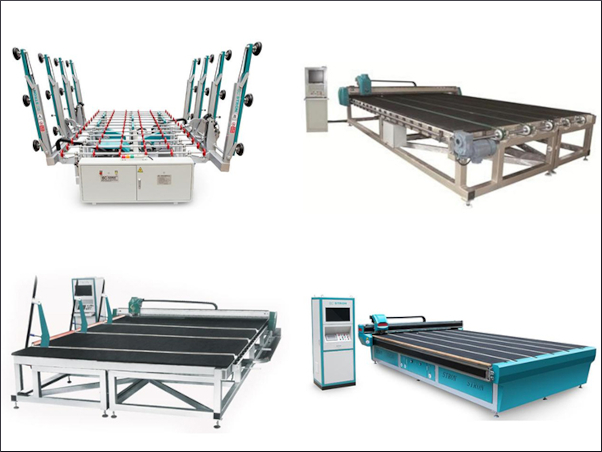Date: 8 June 2005
Besides China, Asean was currently negotiating the setting up of free trade areas (FTAs) with Japan, India, South Korea, Australia and New Zealand and this would provide opportunities for the Malaysian business community, she said in her keynote address at the opening of the two-day Sabah Investment and Trade Dialogue and Seminar, here Tuesday.Rafidah said the business community should be realistic in preparing for market liberalisation and should react positively by grabbing the opportunities to set their foothold in new markets."They must not compete with countries like China that has an advantage of lower labour cost but they must sell premium products like high-end leather shoes into the China market and they should see the benefit they could derive by selling their products to India with one billion population instead of being worried about the influx of Indian goods here," she said.
Sabah has potential in its glass industry and businessmen here should produce quality glass products including crystals to market to China and not the normal glasses that China could produce at lower cost, she added while showing the drinking glass that she held.
It was recently reported that Sabah has rich deposits of quality silica in Pulau Balambangan, Kudat, which have potential to be developed into glass and crystal products.
Rafidah also said that some Malaysian entrepreneurs were reluctant to go abroad to seek potential goods and products that could be sold back to Malaysia with lucrative returns.
Instead, she added, some traders from neighbouring countries were doing this by bringing the products into Malaysia and selling them through appointed Malaysian dealers.
She said Malaysians should go abroad and sell such products directly to consumers in this country and gain handsome profits instead of letting foreign middlemen get the lion's share.
She also said that besides the FTAs, the proposal to establish the Asean Economic Community (AEC) by 2020 would enhance the region's economic competitiveness and provide business opportunities to the private sector.
"Malaysian companies, particularly the SMEs (small and medium scale enterprises) are therefore encouraged to take advantage of these initiatives by internationalising their businesses through integration into global markets," Rafidah said.
She said in recognising the needs of SMEs to produce products and provide services that meet market requirements and to adopt best business practices, the government has introduced three new grant schemes.
These are the Grant for Enhancing Product Packaging, Design and Labelling Capabilities of SMEs amounting to RM100 million, Grant For Development and Promotion of Halal Product worth RM10 million and Grant for Enhancing Marketing Skills of SMEs with an allocation of RM50 million to provide training in marketing strategies and planning, pricing, distribution, merchandising and customer services.
The two-day seminar, which started Tuesday, was jointly organised by the Malaysian Industrial Development Authority, the Small and Medium Industrial Development Corporation and the Sabah state government.









Add new comment